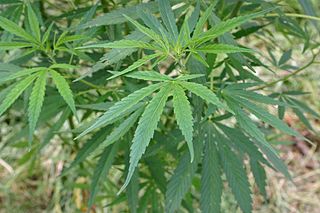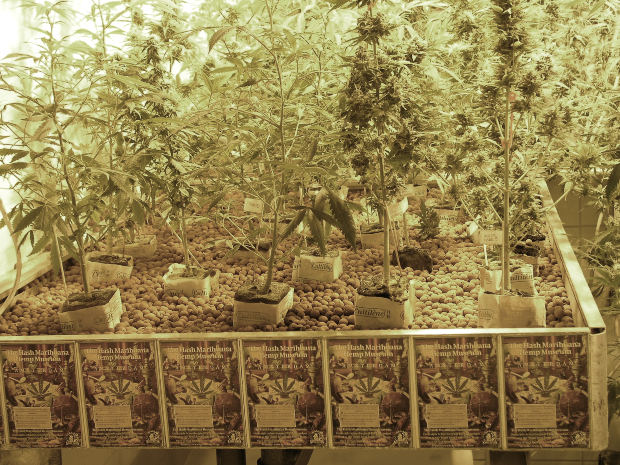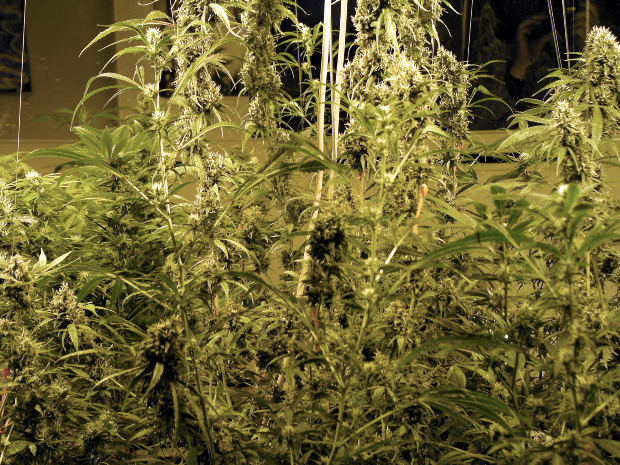For years, marijuana use for any reason was seen as part of the counterculture scene – slackers and stoners and criminals.
Our Los Angeles marijuana lawyers know many can be forgiven of this view, as this was the one touted for years by everyone from local police authorities to the President of the United States.

“Just Say No” was a simple message that’s been hard to shake, non matter how ineffective and costly it’s proven to be.
However, we also know that’s changing. there are now 20 states and D.C. in which marijuana is legal for medicinal purposes. Nearly two-thirds of Americans approve of medical marijuana for medicinal purposes and more than half favor legalizing it for recreational use. And a survey, which appeared in the New England Journal of Medicine, earlier this year showed that more than 75 percent of all medical doctors favor the use of marijuana for medicinal purposes.
Now, a particularly high-profile doctor has issued a public mea culpa for his previous negative stance on the issue. Dr. Sanjay Gupta, CNN’s Chief Medical Correspondent, recently penned an opinion piece , spelling out why he had changed his once-adamant position.
Gupta wrote that over the last 12 months, he had been working on a documentary project called “Weed” in which he traveled across the globe to interview medical experts, marijuana farmers and patients. He called the findings “stunning.”
He said that prior tot he project, he had reviewed the scientific literature on marijuana and found it severely lacking. Based on these findings, the majority produced five or more years ago, Gupta said it was difficult to make a positive case for allowing medicinal marijuana. This led him to write an article for TIME Magazine, entitled, “Why I Would Vote No on Pot.”
He now says that judgment call was erroneous. He said he failed to expand his review of the research and further, he was too dismissive of patients who touted the drug’s benefits. He called them “high-visibility malingerers,” a group of people just seeking a legal way to get high. He believed that the U.S. Drug Enforcement Administration had classified the drug as a Schedule I substance because it had scientific proof to back up this stance.
However, Gupta now says his assessment was wrong, on both counts. He cited numerous examples. One was a Colorado woman who, by the age of 3, was suffering some 300 seizures daily. Where numerous medications failed, medical marijuana has allowed her to limit the number of seizures to 2 or 3 each month.
He noted that it is not because of sound science that marijuana has been classified as a Schedule I drug. Rather, it has been because of an absence of sound science that such a notion has been allowed to thrive. It’s long been known that marijuana is not addictive – let alone highly-addictive.
Marijuana dependence is estimated at around less than 10 percent of its adult users. Cocaine, by comparison, is a lesser-rated Schedule II drug, which hooks about 20 percent of users. Tobacco is perhaps the worst, with about 30 percent of all users becoming addicted and most of those going on to die as a result of that addiction.
Gupta said that when it comes to medical marijuana, the American public has been “terribly and systematically misled” for the last seven decades by the government and media. He apologized for his role in that. He hopes the new documentary will help to reverse some of the ill effects that misinformation has had.
Continue reading
 investors that are seeing green.
investors that are seeing green.  Cannabis Law Group's Medical Marijuana Legal Blog
Cannabis Law Group's Medical Marijuana Legal Blog












